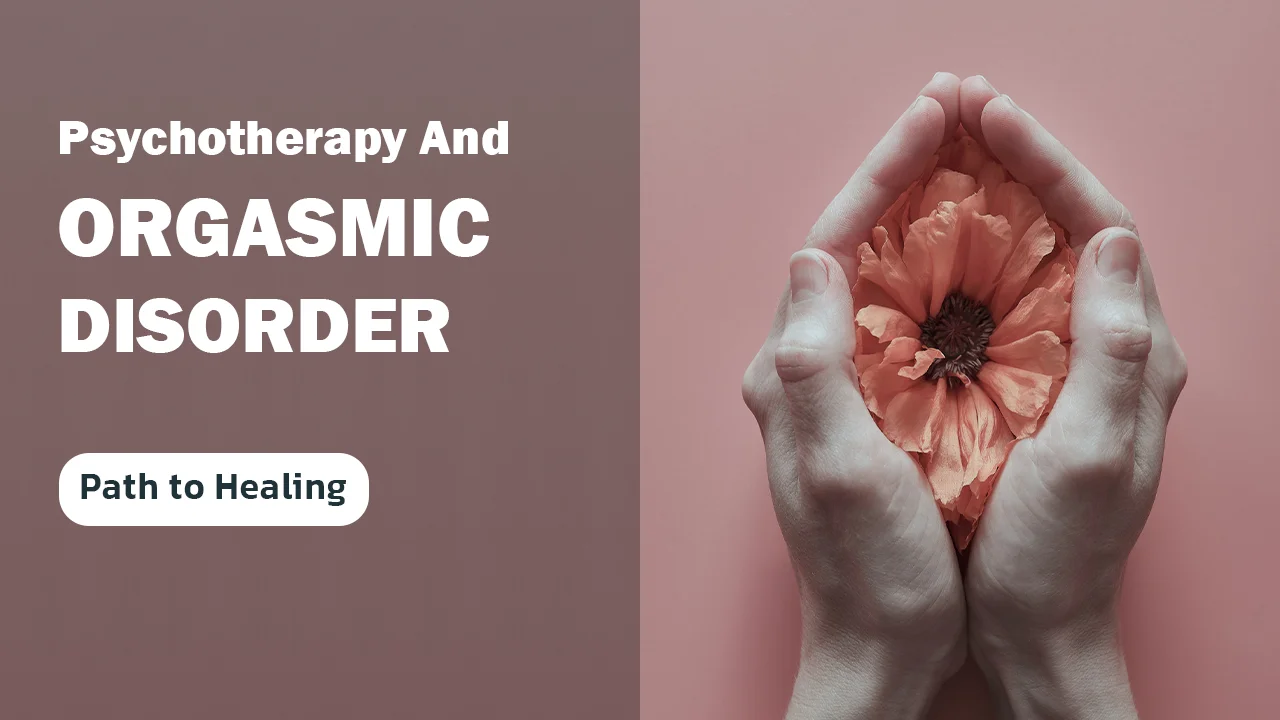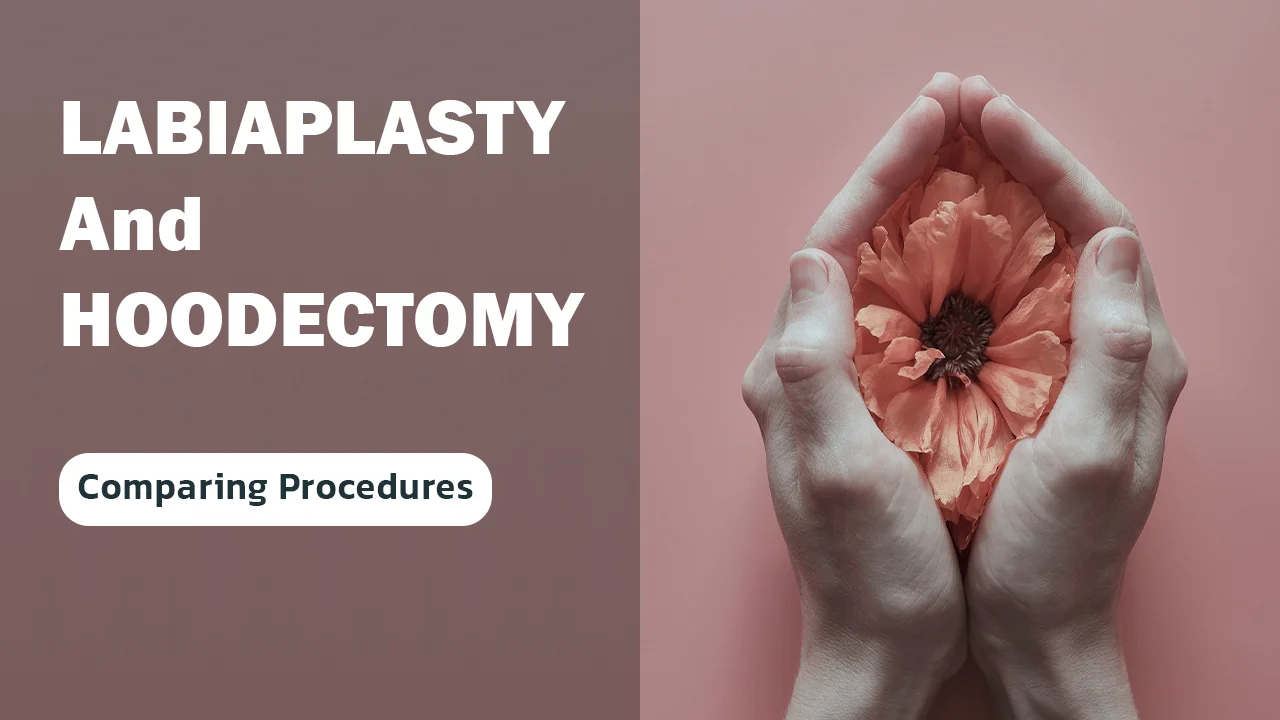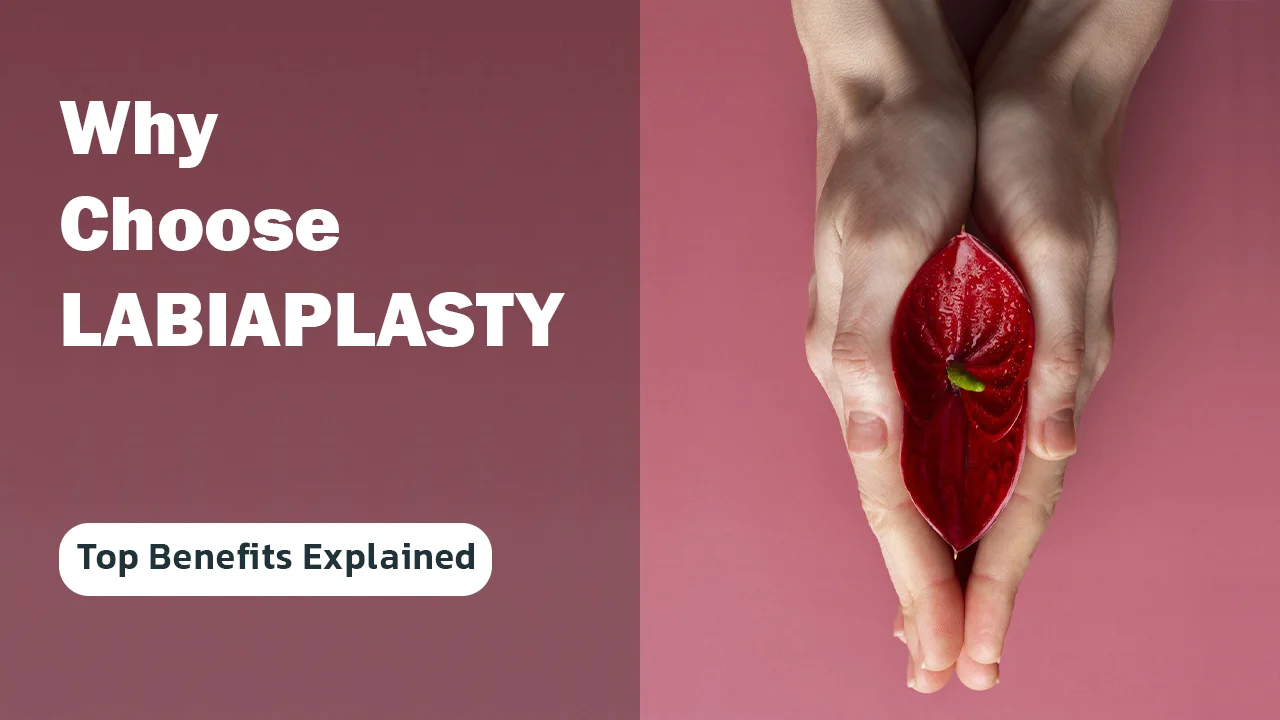نمایشگاه گردشگری سلامت کانادا(Canada International Health Tourism expo) که هرساله در یکی از ایالتهای کانادا…

Orgasmic Disorder, a term that many might whisper but few discuss openly, sits at the confluence of physical health, mental well-being, and the deeply personal realm of sexual function. Despite its considerable impact on quality of life and relationships, the stigma surrounding sexual health issues often leaves individuals struggling in silence. This silence not only obscures the prevalence of Orgasmic Disorder but also muddies the waters for those seeking effective treatments. The journey to healing is not a straightforward path but a complex voyage that requires understanding, compassion, and the right therapeutic interventions.
Psychotherapy emerges as a beacon of hope for those navigating the turbulent waters of Orgasmic Disorder. Beyond the misconceptions of sexual dysfunctions, psychotherapy offers a holistic approach that addresses the intricate web of psychological, emotional, and interpersonal factors contributing to the disorder. Through the lens of various psychotherapeutic modalities, individuals are guided towards a deeper understanding of their sexual selves, fostering a connection that can illuminate the path to recovery. This article aims to shed light on how psychotherapy can aid those affected by Orgasmic Disorder, offering insight into the therapeutic approaches that promise relief and a journey towards emotional recovery.
The importance of addressing Orgasmic Disorder cannot be overstated. It’s a condition that not only affects sexual health but is also deeply intertwined with self-esteem, relationship dynamics, and overall mental health. As we delve into the nuances of psychotherapy for Orgasmic Disorder, it’s crucial to approach the subject with an open mind and a compassionate heart. The following sections will explore the causes of Orgasmic Disorder, psychotherapeutic treatments, and complementary strategies, all aimed at providing a comprehensive understanding and encouraging those affected to seek the support they need.
Introduction to Orgasmic Disorder
Orgasmic Disorder, often shrouded in silence and misunderstanding, represents a significant challenge for many individuals. Defined by the persistent difficulty or inability to achieve orgasm following a normal sexual arousal phase, it affects people across various age groups, with a more pronounced prevalence among women. The impact of this disorder extends beyond the bedroom, seeping into emotional well-being and relationship health. By acknowledging its existence and understanding its complexities, we can start to demystify the condition, paving the way for effective solutions and a healthier approach to sexual health.
What is Orgasmic Disorder?
Orgasmic Disorder is categorized under sexual dysfunction, marked by the significant distress or interpersonal difficulties stemming from an inability to experience orgasm consistently. It’s essential to differentiate this condition from the occasional challenges many face in reaching orgasm due to factors like stress, fatigue, or lack of sexual experience. What sets Orgasmic Disorder apart is its persistent nature and the substantial emotional toll it takes on those affected, highlighting the need for professional intervention and support.
Prevalence and Impact on Mental Health
Understanding the prevalence of Orgasmic Disorder is complicated by the reluctance of individuals to seek help or disclose their struggles due to societal stigma. However, studies suggest it’s not an uncommon issue, with varying degrees of severity impacting a significant portion of the population. The psychological impact is profound, often leading to feelings of inadequacy, anxiety, and depression. The ripple effects can be seen in strained relationships and lowered self-esteem, underscoring the disorder’s not just a personal issue but a public health concern.
Understanding the Causes of Orgasmic Disorder
The roots of Orgasmic Disorder are multifaceted, intertwining physical, psychological, and situational factors. A comprehensive approach to treatment begins with unraveling these underlying causes, which is crucial for tailoring effective therapeutic interventions.
Psychological Factors
Psychological factors play a pivotal role in Orgasmic Disorder. Anxiety, depression, and past trauma, especially sexual trauma, can significantly inhibit sexual response and orgasm. Moreover, psychological distress about sexual performance or deep-seated beliefs and attitudes towards sex, shaped by cultural, religious, or familial influences, can also be significant barriers.
Physical Causes and Health Conditions
Physical and health-related issues can contribute to Orgasmic Disorder. Hormonal imbalances, certain medications (especially antidepressants), and conditions such as diabetes or neurological disorders directly impact sexual function. Understanding these physical contributors is essential for a holistic treatment approach that may include medical interventions alongside psychotherapy.
The Role of Medications and Substances
Medications, particularly those affecting neurotransmitters involved in sexual response, can hinder orgasm. Antidepressants, blood pressure medications, and substances like alcohol and recreational drugs have been known to affect sexual desire and performance. An awareness of these potential impacts is crucial for anyone experiencing Orgasmic Disorder, as adjustments or alternatives might be considered as part of the treatment plan.
Psychotherapy as a Treatment for Orgasmic Disorder
Psychotherapy stands out as a cornerstone in treating Orgasmic Disorder, offering a nuanced approach that transcends the mere physical aspects of the condition. By fostering a safe space for exploration and healing, psychotherapy addresses the complex interplay of factors contributing to Orgasmic Disorder, providing a pathway to not just recovery, but profound personal growth.
Overview of Psychotherapeutic Approaches
A variety of psychotherapeutic approaches have proven effective in treating Orgasmic Disorder, each tailored to the individual’s unique circumstances and needs. Cognitive Behavioral Therapy (CBT) focuses on identifying and altering negative thought patterns and behaviors associated with sexual response. Meanwhile, psychodynamic therapy delves into unresolved conflicts and past experiences, aiming to resolve underlying emotional turmoil. Integrative or holistic therapy combines elements from different approaches, ensuring a comprehensive treatment plan.
How Psychotherapy Can Help
Psychotherapy aids individuals in understanding and addressing the psychological underpinnings of Orgasmic Disorder. Through therapeutic sessions, individuals learn to navigate their emotional landscape, identifying fears, anxieties, and misconceptions about sex. Therapists also provide strategies to improve communication with partners, enhancing intimacy and trust. Crucially, psychotherapy empowers individuals to reclaim their sexual autonomy and pleasure, fostering a healthier relationship with their sexuality.
Success Rates and Patient Testimonials
The efficacy of psychotherapy in treating Orgasmic Disorder is well-documented, with many patients reporting significant improvements in sexual function and overall satisfaction. Success stories often highlight the transformative power of therapy, not only in overcoming Orgasmic Disorder but in enhancing self-esteem and relationship quality. These testimonials serve as powerful reminders of the potential for healing and fulfillment beyond the challenges of the disorder.
Types of Psychotherapy for Orgasmic Disorder
Addressing Orgasmic Disorder requires a tailored approach, with various forms of psychotherapy offering different pathways to healing. Understanding these options is crucial for individuals seeking the most effective treatment.
Cognitive Behavioral Therapy (CBT)
CBT stands as a highly effective treatment for Orgasmic Disorder, addressing the negative thoughts and behaviors that hinder sexual satisfaction. Through CBT, individuals learn to challenge and replace these negative patterns with more positive and empowering beliefs, facilitating a healthier sexual experience.
Sex Therapy and Education
Sex therapy and education go hand in hand, providing individuals and couples with the knowledge and skills to enhance their sexual interactions. This approach demystifies aspects of sexual response and intimacy, addressing misinformation and promoting a more fulfilling sexual life.
Couples Therapy and Communication Enhancement
For many dealing with Orgasmic Disorder, the strain on relationships can be significant. Couples therapy focuses on improving communication, fostering a deeper understanding and empathy between partners. Through guided discussions and exercises, couples learn to navigate their sexual relationship more effectively, enhancing emotional and physical intimacy.
Complementary Treatments and Strategies
While psychotherapy is instrumental in addressing the psychological aspects of Orgasmic Disorder, a holistic treatment plan often includes complementary strategies. These approaches aim to support overall well-being and enhance the effectiveness of psychotherapy.
Lifestyle Adjustments and Self-Care
Lifestyle changes play a crucial role in improving sexual health and well-being. Regular exercise, a balanced diet, and sufficient sleep can significantly impact physical and mental health, indirectly enhancing sexual function. Additionally, mindfulness and relaxation techniques can reduce stress and anxiety, which are common barriers to achieving orgasm.
Medical Treatments and Considerations
In cases where physical factors contribute to Orgasmic Disorder, medical treatments may be necessary. Hormonal therapies, adjustments to existing medication regimens, or the introduction of new medications can address underlying health issues. It’s important for individuals to consult with healthcare professionals to explore these options thoroughly.
Building a Support System
The journey toward overcoming Orgasmic Disorder can be challenging, making a strong support system invaluable. Engaging in support groups, whether online or in-person, can provide a sense of community and shared experience. Moreover, educating partners and family members about the condition can foster understanding and empathy, creating a more supportive environment for recovery.
Navigating the Path to Recovery
The path to overcoming Orgasmic Disorder is often nonlinear, marked by successes and setbacks. A compassionate and patient approach to treatment and recovery is essential for lasting progress.
Setting Realistic Expectations
It’s crucial for individuals and their therapists to set realistic expectations for the treatment process. Progress may be gradual, and patience is key. Celebrating small victories can maintain motivation and reinforce the belief in eventual success.
Coping with Setbacks
Setbacks are a natural part of the recovery journey. When they occur, it’s important not to view them as failures but as opportunities to learn and adjust treatment strategies. A resilient mindset, coupled with ongoing support from therapists and loved ones, can help individuals navigate these challenges.
Celebrating Progress
Acknowledging and celebrating progress, no matter how small, is vital. Each step forward is a testament to the individual’s strength and commitment to healing. These moments of celebration can bolster self-esteem and reinforce the positive impact of treatment efforts.
Conclusion and Encouragement for Seeking Help
The challenge of Orgasmic Disorder, while daunting, is not insurmountable. Through the combined forces of psychotherapy, medical intervention, lifestyle adjustments, and the unwavering support of loved ones, recovery and fulfillment are within reach. This article has navigated through the complexities of Orgasmic Disorder, shedding light on its psychological underpinnings, the promise of psychotherapeutic treatments, and the importance of a holistic approach to healing.
The Importance of Professional Support
At the heart of overcoming Orgasmic Disorder is the courage to seek professional help. Psychotherapists and healthcare providers offer not just their expertise but also compassion and understanding, guiding individuals through the intricacies of the disorder. Embracing this support can be the first step towards reclaiming one’s sexual health and well-being.
Overcoming Stigma and Embracing Hope
The journey to healing is also about breaking the silence that often surrounds sexual health issues. By speaking out and seeking help, individuals challenge the stigma associated with Orgasmic Disorder. There’s immense power in hope and the belief that improvement is possible. The stories of those who have navigated this path successfully serve as beacons of hope for others.
Resources and How to Get Started
For anyone feeling lost or overwhelmed by Orgasmic Disorder, know that resources are available. From psychotherapists specializing in sexual health to online support communities and educational materials, help is within reach. Starting the conversation with a trusted healthcare provider can open the door to a range of treatment options tailored to each individual’s needs.
The path to healing from Orgasmic Disorder is a testament to the resilience of the human spirit. With the right support and a commitment to recovery, individuals can navigate this journey towards a more fulfilling sexual life and deeper emotional connections. Let this article serve as a starting point for anyone seeking to understand and overcome Orgasmic Disorder, offering not just insights and information but also hope and encouragement.


